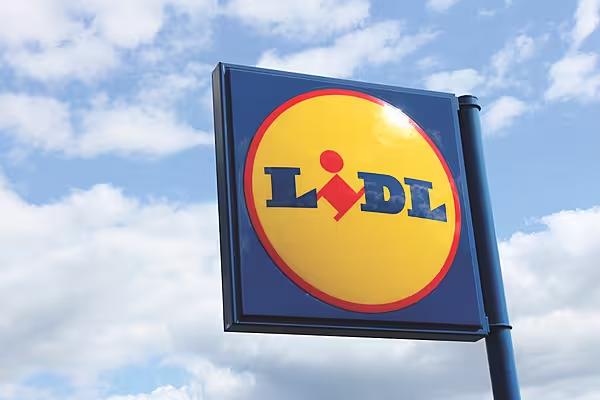Retail Ireland (RI) has recommended that the government should look to 'give back' to consumers in the forthcoming Budget through the introduction of tax cuts.
By doing so, the representative group of the retail sector says that consumer spending will be boosted, as will jobs in the retail sector. In its Budget Submission 2015, RI says that with sales of big ticket items like cars and furniture on the up, and consumer sentiment at a seven year high, the government now has the chance to 'secure the retail recovery'.
Retail Ireland Chairman Frank Gleeson said:"So far this year we have seen huge growth in the sale of big ticket items, such as cars and furniture. This is spending that was deferred during the recession. Food, fuel and clothing sales have also improved, but from a low base. A lot of the growth has been on the back of reduced prices due to intense competition. The average shopper now visits up to four supermarkets every month to get the best deals. The retail recovery has some way to go.”
RI forecasts that if the positive momentum is maintained, consumer spending will rise 1.9% this year, and by 2.9% next year. Additionally, the savings rate (currently at 8%) may rise -it has been falling back since 2009 when it reached a high of 16.1%. RI believe it is now crucial that the Budget supports these positive trends, especially as stronger growth means a much smaller economic adjustment is needed than was initially envisaged.
Amongst the suggestions in RI’s Budget submission are cuts on income tax, reduction of excise duty, no increases to the cost of doing business and new incentives for retailers to develop vacant lots in town centres. The group also called for the retention of the successful reduced 9% VAT rate on tourism-related services, and for consideration to be given to replicating this approach in other sectors.
Gleeson said: "Sales have grown every month this year, but the retail recovery shouldn't be taken for granted. Tax cuts will boost disposable income and increase spending in the domestic economy. This will translate into thousands of new retail jobs."
Gleeson said that retail was on the very sharp end of the recession; 50,000 jobs were lost and many businesses closed. “Despite this, with 270,000 employees the sector remains Ireland's largest and most geographically diverse. Now is a critical time for retail, with intense competition keeping prices down. The decisions on budget day must ensure the recovery continues and gathers pace."
© 2014 - Checkout Magazine by Genna Patterson






